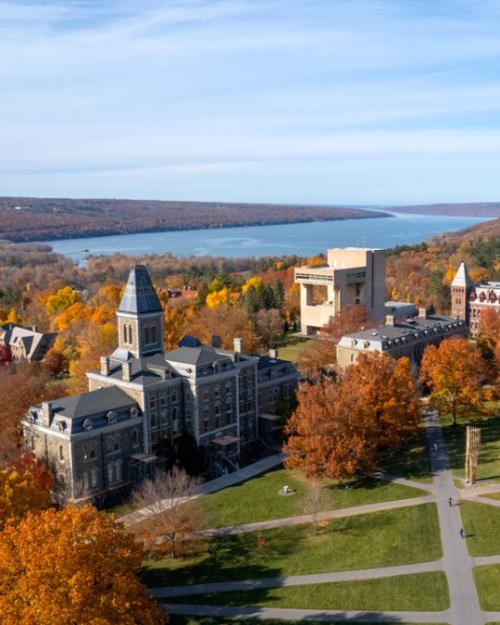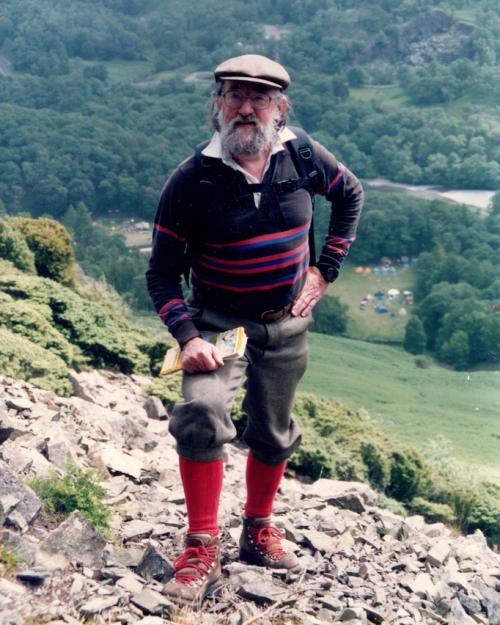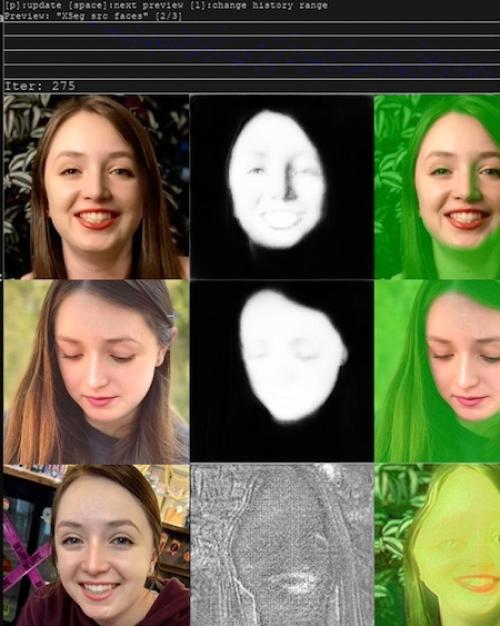Deepfake technology – the use of deep-learning artificial intelligence to create fake content online – creates a troubling portrait of consent in the digital age. A 2019 report by Sensity, a company that detects and monitors sexual deepfakes, found that 95% of all online deepfake videos are nonconsensual porn and 90% of those featured women.
The Milstein Program in the College of Arts and Sciences, partnering with Cornell Cinema, will present a free screening of the documentary “Another Body,” which focuses on the gendered implications of deepfake technology. The screening will be on Wednesday, February 7, at 7 p.m. at Cornell Cinema.
This event is part of the Science on Screens initiative, and will feature an introduction by Gili Vidan, assistant professor of information science in the Cornell Ann S. Bowers College of Computing and Information Science, as well as a post-show Q&A with one of the film’s directors.
“Another Body” follows a college student's search for answers and justice after she discovers that the image of her face has been used without her consent in deepfake pornography. She joins with another student who has also been a target and they take the investigation into their own hands.
"I caught ‘Another Body’ at the Woodstock Film Festival, after its premiere at South by Southwest, and found it unforgettable – searing, urgent, and provocative," says Milstein Program director Austin Bunn, associate professor of performing & media arts. "As deepfakes become increasingly commonplace, the film provides a look at the culture of the people behind them and asks why they do it. The answer is disturbing."
Directors Sophie Compton and Reuban Hamlyn said that “we hope ‘Another Body’ will bolster efforts to rewrite the laws that govern the internet, and deepen people’s understanding of how online misogyny has very tangible impacts on our world.”
This event is co-sponsored by the Departments of Science and Technology Studies and Performing and Media Arts (A&S).





